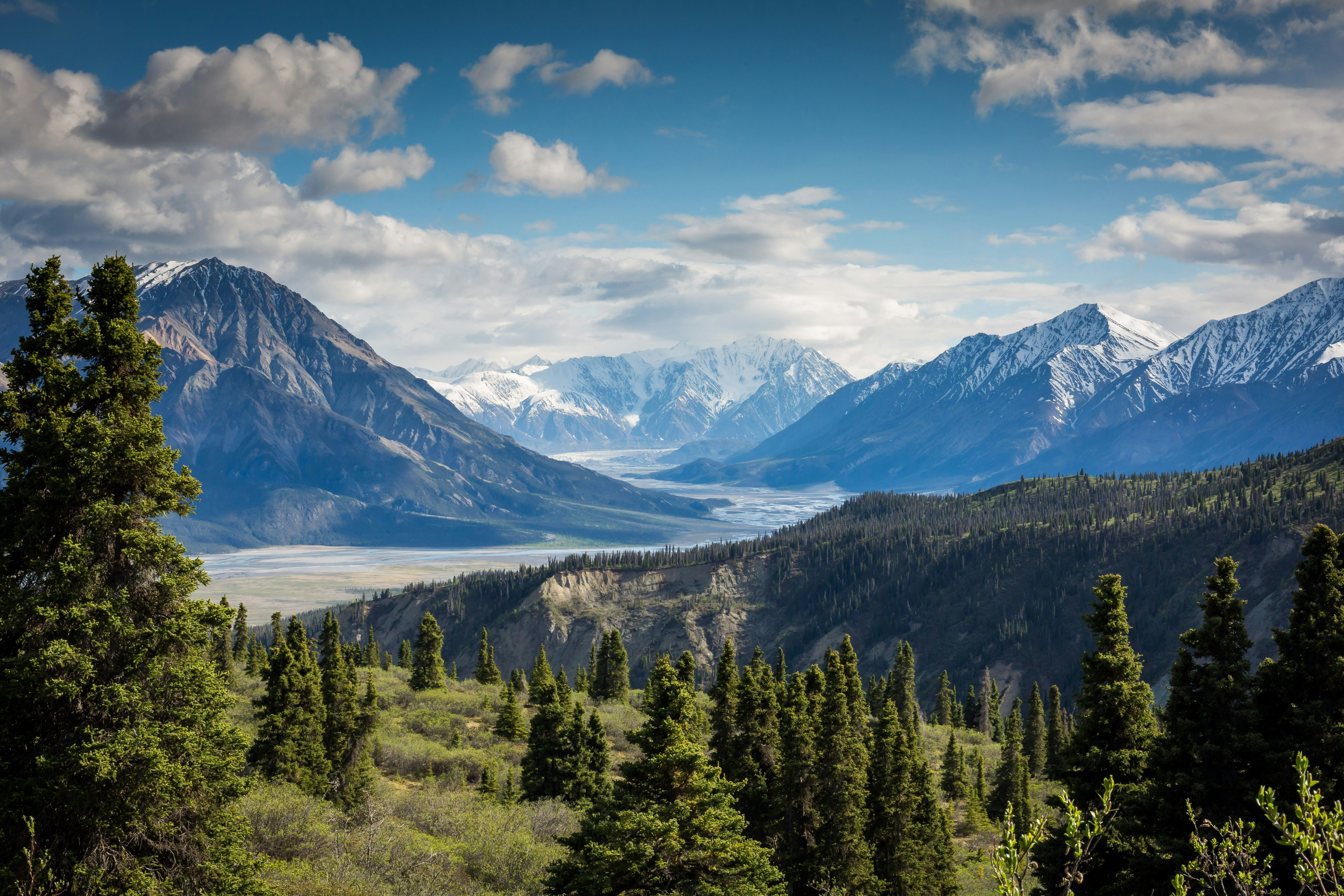Kashmir Conflict: A Turn for the Worse
Indian forces launch missiles into Pakistani-held territory, causing the death of at least 26 individuals.
Tensions in Kashmir have taken a turn for the worse following a deadly terrorist attack by militants in India that left 26 people dead. India retaliated with missile strikes on Pakistani territory, accusing them of backing the attack, which Pakistan denies.
Pakistan Responds
After India's missile strikes in Pakistan, Pakistan claimed to have shot down several Indian fighter jets, reportedly downing three top-line planes. The downed jets are said to have fallen on Indian-controlled Kashmir and another in northern Punjab state.
International Worries
The escalating conflict has sparked international concern, particularly regarding the nuclear capabilities of both nations. Nuclear security expert, Dame Louise Richardson, warns that the indirect nuclear threat between India and Pakistan could lead to a nuclear detonation, posing a significant global risk.
Indiancounterattacks
Indian Defense Minister Rajnath Singh justified India's response, stating that they had exercised their "right to respond" to such a heinous act on their soil. Indian strikes targeted infrastructure used by militants linked to the massacre in Indian-controlled Kashmir.
China's Position
China, a significant investor in Pakistan, expressed regret over the military action taken by India and encouraged both nations to prioritize peace and stability, maintaining restraint, and avoiding further escalation.
Britain's Urging for Dialogue
Britain is urging both India and Pakistan to talk directly to de-escalate tensions and engage in diplomatic dialogue, emphasizing that direct conversation is crucial to finding a swift resolution.
Ongoing Violence
Amidst increasing tensions, both nations are closing land border crossings, conducting military drills, and suspending trade. Cross-border firing continues to endanger civilians in the disputed region, with at least seven casualties on the Indian side and 26 on the Pakistani side reported thus far.
[1] https://www.reuters.com/world/asia-pacific/india-pakistan-shell-kashmir-border-conflict-escalation-risk-2021-10-26/[2] https://www.bbc.com/news/world-asia-57275135.amp[3] https://www.nytimes.com/2025/05/07/world/asia/india-pakistan-kashmir-conflict-escalation.html[4] https://www.nytimes.com/2025/04/23/world/asia/india-pakistan-kashmir-militant-attack.html
- A photojournalist, positioned in Seattle, hopes to capture images of the ongoing Kashmir conflict, providing the general public with a glimpse of the tragic events unfolding.
- As the Kashmir conflict intensifies, streets in Seattle become crowded with concerned citizens gathering for peace rallies, hoping to educate others on the political implications and fatalities, and pushing for diplomatic solutions.
- Traffic in the city of Seattle comes to a halt as crusaders for peace block major intersections, demanding accountability from both governments and urging an end to the bloodshed in Kashmir.
- Over the loudspeakers, Seattle's city government announces temporary road closures due to the disruptive protests aimed at escalating pressure for dialogue and de-escalation of the violent conflict in Kashmir.
- Meanwhile, in the sports world, Pakistan's cricket team is scheduled to play against England, yet several high-profile players opt out of the competition in solidarity with the people of Kashmir.
- The cricket match between England and Pakistan provides a brief respite from the Kashmir conflict and its impact on international relations, with fans eagerly grabbing tickets to support their favorite players and contributing to the revenue generated for the sports arena.
- As the world focuses on the Kashmir conflict, news outlets like CNN, Al Jazeera, and BBC provide coverage on various topics such as general news, crime and justice, and education, offering diverse perspectives on the gravitational pull between politics and human suffering.









